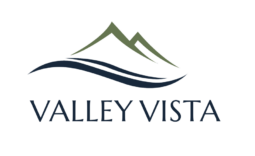Step 1: Admissions
The first step towards enduring recovery and freedom is admitting powerlessness over drugs and alcohol addiction. However, this journey doesn’t have to be made alone. Get help by contacting the Valley Vista admissions team where they will gently guide prospective clients through the admission process.
If there exists a demonstrated clinical need for the treatment of alcohol or drug addiction, Valley Vista has a solution.
- Call 802.222.5201 or complete the Admissions Form and fax the completed document to 855.945.4315.
- An admission representative will help verify the provided information.
- Verification of insurance will take place. No insurance? Call us anyway, we can help.
- Upon verification of coverage, the Client will undergo an intake screening including substance use history, medical health history, behavioral health history and if relevant, criminal history. Rigorous honesty is the key to successful treatment.
- Upon completion of the intake screening, the Valley Vista clinical team will review the Patient’s history and provide approval or denial for admission, based upon clinical need.
- Client will be notified of approval or denial and the admission date and time will be set.
- Client will be provided with relevant referent packet including patient handbook and admissions inventory checklist.
- Complete Part 1 of the Referent Packet and fax the completed admissions form to 855.945.4315.
- An admissions representative will make contact to Referent to verify information.
- Insurance verification will take place.
- Upon verification of coverage, Client will be contacted to conduct an intake screening via phone.
- Upon completion of intake screening, the Valley Vista clinical team will review Client history and provide approval or denial for admission, based upon clinical need.
- Client will be notified of bed availability and corresponding admission date.
- Client will be provided with relevant referent packet including patient handbook and admission inventory checklist.
Valley Vista is in-network with BlueCross BlueShield, United Healthcare, MVP Health Care, Harvard Pilgrim Health Care, Optum, Cigna, Martin’s Point Health Care, CDPHP, Beacon, Green Mountain Care and self-pay.
If a patient’s insurance is not listed, please contact us anyway as Valley Vista works with many health plans as an out-of-network treatment provider. Where contracts do not exist with third party commercial insurance companies, Valley Vista will work towards single-case agreements to help get coverage for treatment.
Admissions Form
Take Action Today
Get the Help You Need
As you walk the path of recovery, envision a future filled with endless possibilities. At Valley Vista, we believe in equipping you with the skills, confidence, and resilience needed to face life’s challenges head-on.

